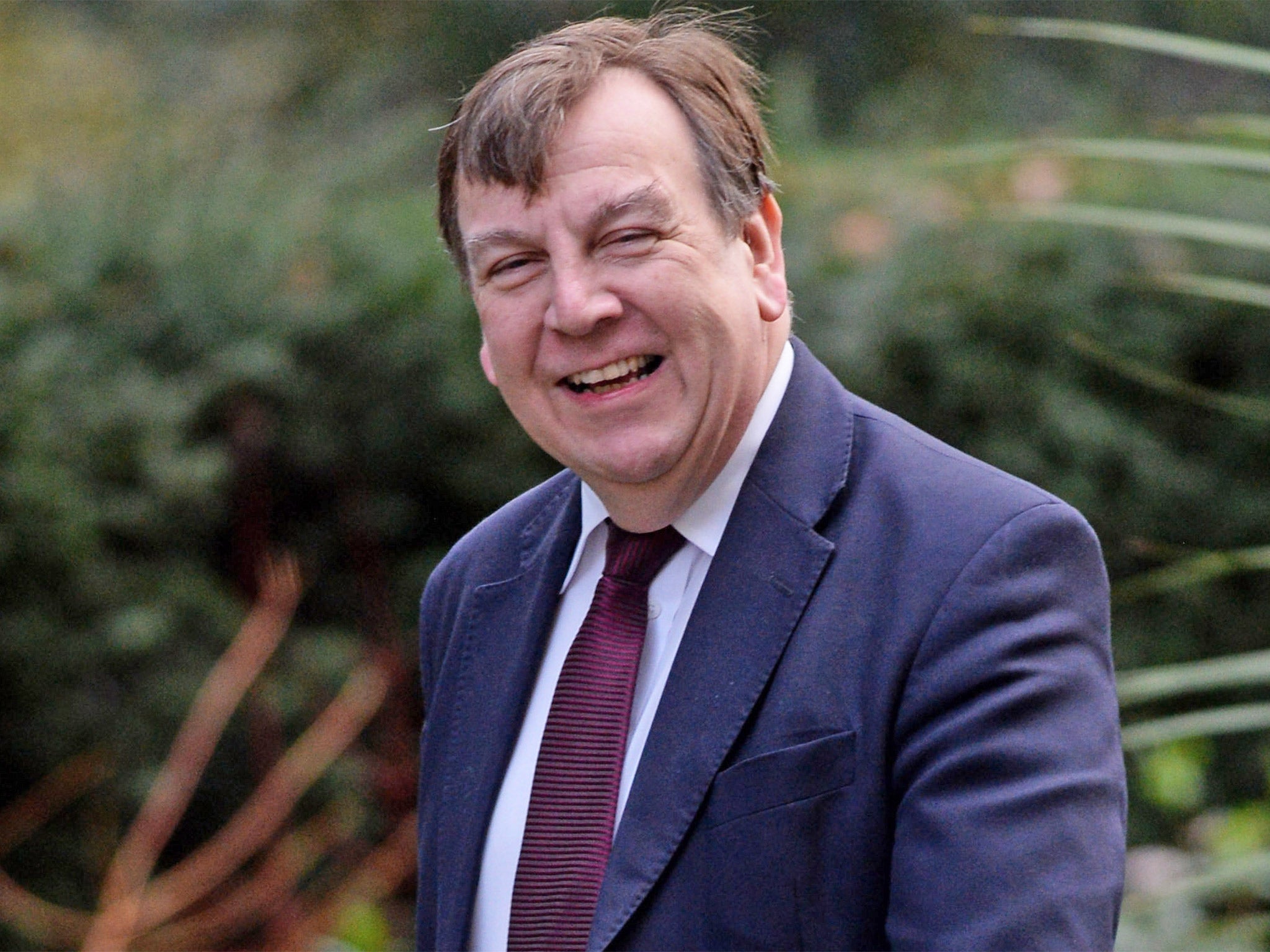BBC iPlayer: Culture Secretary John Whittingdale vows to stop non licence fee payers watching shows
Under an existing loophole, the £145.50 annual fee is only chargeable to households who access content live, on television or online

Your support helps us to tell the story
From reproductive rights to climate change to Big Tech, The Independent is on the ground when the story is developing. Whether it's investigating the financials of Elon Musk's pro-Trump PAC or producing our latest documentary, 'The A Word', which shines a light on the American women fighting for reproductive rights, we know how important it is to parse out the facts from the messaging.
At such a critical moment in US history, we need reporters on the ground. Your donation allows us to keep sending journalists to speak to both sides of the story.
The Independent is trusted by Americans across the entire political spectrum. And unlike many other quality news outlets, we choose not to lock Americans out of our reporting and analysis with paywalls. We believe quality journalism should be available to everyone, paid for by those who can afford it.
Your support makes all the difference.The Culture Secretary John Whittingdale has promised a change in the law to stop those who refuse to pay the television licence fee from enjoying a “free ride” by accessing Sherlock and other hit BBC shows on the iPlayer service.
Under an existing loophole, the £145.50 annual fee is only chargeable to households who access content live, on television or online. Those who claim to only use the BBC iPlayer as a catch-up service for watching shows that have already been broadcast can exempt themselves from the charge. The BBC estimates that the loophole is being so widely exploited that it will cost it £100m-a-year in lost revenue by 2022.
Speaking at the Oxford Media Convention, Mr Whittingdale promised to “bring forward, as soon as is practicable” secondary legislation to address the problem. “The BBC works on the basis that all who watch it pay for it. Giving a free ride to those who enjoy Sherlock or (The Great British) Bake Off an hour, a day or a week after they are broadcast was never intended and is wrong,” he said.
When the licence fee was introduced “video on demand did not exist”, said The Culture Secretary. “While the definition of television in the legislation covers live streaming, it does not require viewers to have a licence if they watch BBC programmes through the iPlayer even if it is just a few minutes after transmission.” The first licence fees for black and white television were introduced in 1946 and cost £2. The first colour TV licences arrived in in 1968 and cost £10. The iPlayer launched in 2007.
Mr Whittingdale also spoke of the threat posed to advertiser-funded online news and information companies by new adblocking services. Adblocking applications are among the most popular products in Apple’s App Store.
“[Adblocking] is depriving many websites and platforms of legitimate revenue. It is having an impact across the value chain, and it presents a challenge that has to be overcome,” said Mr Whittingdale. “Because – quite simply – if people don’t pay in some way for content, then that content will eventually no longer exist.”
Join our commenting forum
Join thought-provoking conversations, follow other Independent readers and see their replies
Comments